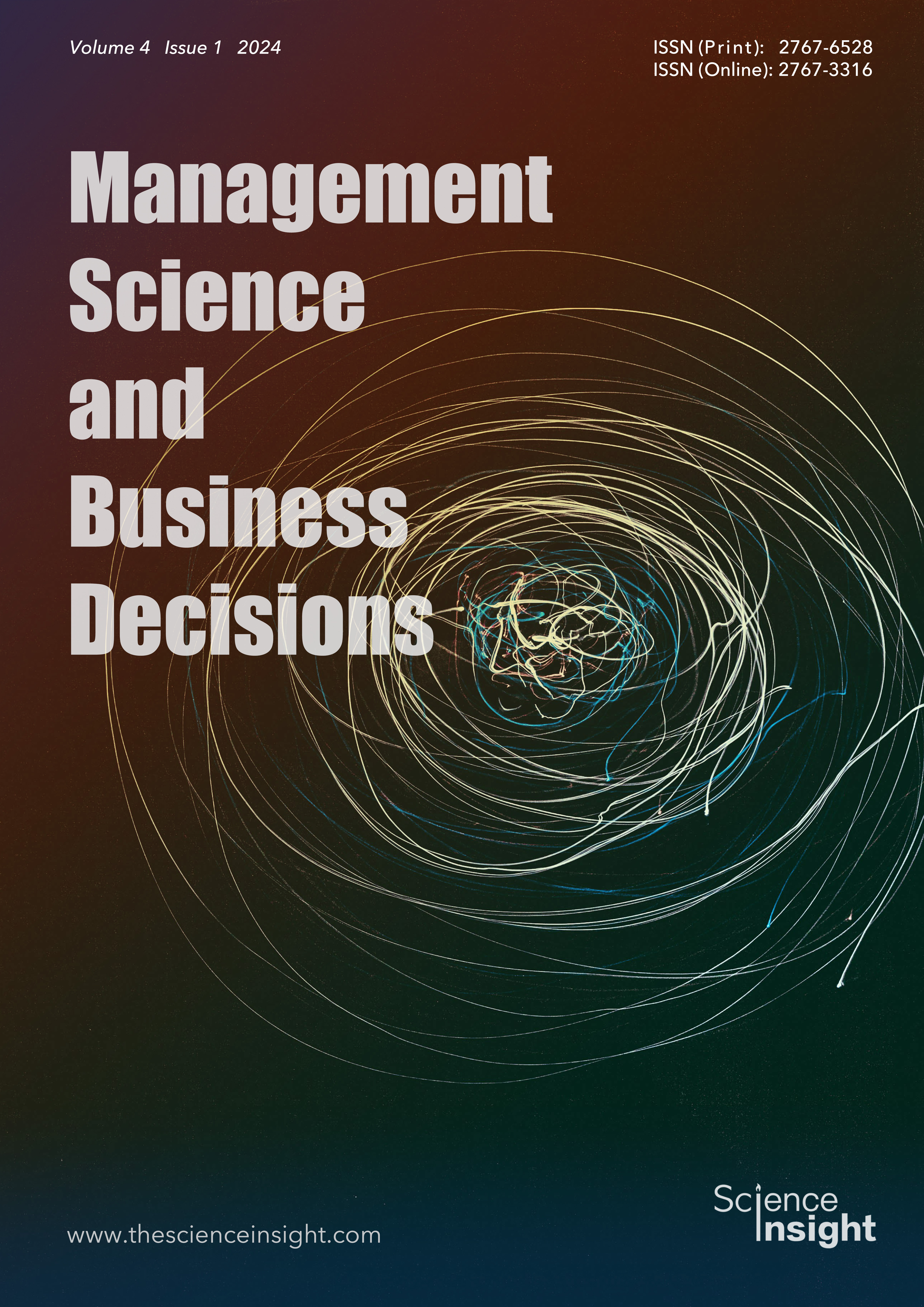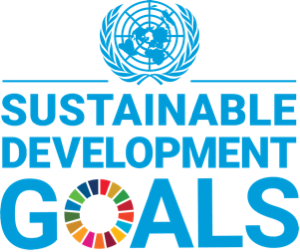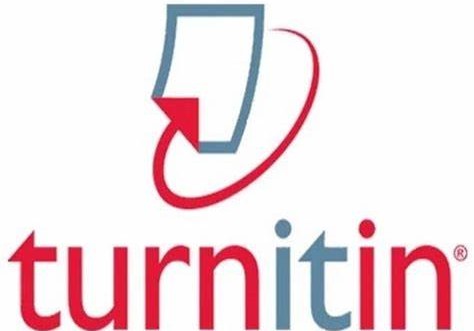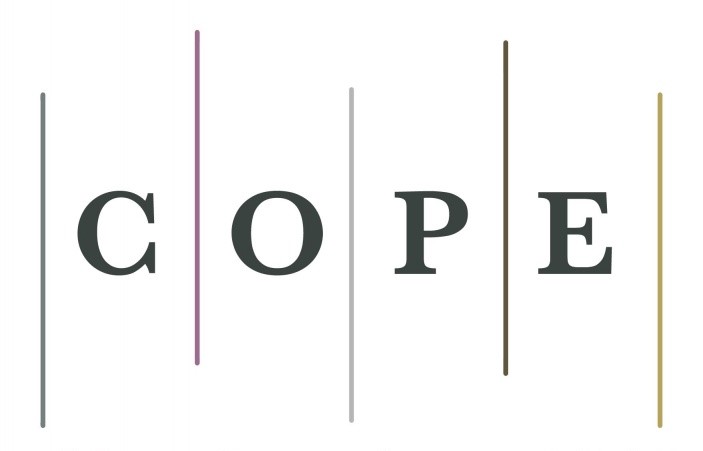Effects of Fuel Subsidy Removal on Small-Scale Industries in Nigeria
DOI:
https://doi.org/10.52812/msbd.94Keywords:
Fuel Subsidy Removal, Small-scale Businesses, Economic Impact, Operational Costs, Profit Margins, Economics, Public Policy, Small and medium-sized enterprisesAbstract
This research explores the effects of fuel subsidy removal on small-scale businesses in Nigeria, a critical sector in the nation’s economic landscape. The study contributes to existing knowledge by focusing on the relationship between subsidy removal and its impact on small-scale industries. A comprehensive literature review considers climate change impacts, socio-economic and environmental externalities, and the historical context of fuel subsidies. While previous studies have investigated macro and micro consequences, this research examines the repercussions on small-scale businesses. Utilising a descriptive research design and a Likert-structured questionnaire, the study investigates the ramifications of recent fuel subsidy removal in a typical community in the country. Key factors, including changes in sales, operational costs, and profit margins, are analysed using descriptive statistical methods and the Chi-square test. The findings highlight the interconnectedness between government policies and the health of small-scale businesses, emphasising the need for evidence-based decision-making to support resilience in adapting to policy changes.
References
Agbonifo, J. (2023). Fuel subsidy protests in Nigeria: The promise and mirage of empowerment. The Extractive Industries and Society, 16, 101333, https://doi.org/10.1016/j.exis.2023.101333
Baba Mohammed, A., Ahmed, F, F., & Adedeji, A. N. (2020). Assessment of Impact of Fuel Subsidy Removal on Socio-economic Characteristics: A Survey of Households in Maiduguri, Borno State, Nigeria. Journal of Business and Economic Development, 5(1), 10-20, https://doi.org/10.11648/j.jbed.20200501.12
Bao, B., Ma, J., & Goh, M. (2020). Short- and long-term repeated game behaviours of two parallel supply chains based on government subsidy in the vehicle market. International Journal of Production Research, 58(24), 7507–7530. https://doi.org/10.1080/00207543.2020.1711988
Bassi, A.M., Pallaske, G., Bridle, R., & Bajaj, K. (2023). Emission Reduction via Fossil Fuel Subsidy Removal and Carbon Pricing, Creating Synergies with Revenue Recycling. World, 4(2), 225-240. https://doi.org/10.3390/world4020016
Bello, U., Yawas, D.S., & Oyedeji, A.N. (2022). Assessment of Perceived Performance of Solar-Powered Borehole Projects in Nigeria. Management Science and Business Decisions, 2(2), 32–43. https://doi.org/10.52812/MSBD.47
Chepeliev, M., & van der Mensbrugghe, D. (2020). Global fossil-fuel subsidy reform and Paris Agreement. Energy Economics, 5, 104598. https://doi.org/10.1016/j.eneco.2019.104598
Das, G., Jain, S.P., Maheswaran, D., Slotegraaf, R.J., & Srinivasan, R. (2021). Pandemics and marketing: insights, impacts, and research opportunities. Journal of the Academy of Marketing Science, 49(5), 835–854, https://doi.org/10.1007/s11747-021-00786-y
Erickson, P., van Asselt, H., Koplow, D., Lazarus, M., Newell, P., Oreskes, N., & Supran, G. (2020). Why fossil fuel producer subsidies matter. Nature, 578, E1-E4. http://doi.org/10.1038/s41586-019-1920-x
Gumel, B.I. (2017). Critical Challenges Facing Small Business Enterprises in Nigeria: A Literature Review. International Journal of Scientific & Engineering Research, 8(8), 796–808. https://hal.science/hal-04080436
Halberstadt, J., Timm, J.M., Kraus, S., & Gundolf, K. (2019). Skills and knowledge management in higher education: how service learning can contribute to social entrepreneurial competence development. Journal of Knowledge Management, 23(10), 1925–1948. https://doi.org/10.1108/JKM-12-2018-0744
Heger, M., Wheeler, D., Zens, G., Meisner, C., & Heger, M.P. (2019). Motor Vehicle Density and Air Pollution in Greater Cairo: Fuel Subsidy Removal and Metro Line Extension and Their Effect on Congestion and Pollution. Washington, DC: World Bank. https://doi.org/10.1596/32512
Houeland, C. (2020). Contentious and institutional politics in a petro-state: Nigeria’s 2012 fuel subsidy protests. The Extractive Industries and Society, 7 (4), 1230–1237. https://doi.org/10.1016/J.EXIS.2020.05.010
Ikenga, A.F., & Oluka, N.L. (2023). An examination of the benefits and challenges of the fuel subsidy removal on the Nigerian economy in the fourth republic. International Journal of Applied Research in Social Sciences, 5 (6), 128–142. https://doi.org/10.51594/IJARSS.V5I6.522
Kuburi, L.S., Umar, U., & Oyedeji, A.N. (2023). Risk Assessment of Petrol Filling Stations in a Metropolitical City of Kaduna State, Nigeria. Sinergi, 27(2), 179–184. https://doi.org/10.22441/SINERGI.2023.2.005
McCulloch, N., Moerenhout, T., & Yang, J. (2021). Fuel subsidy reform and the social contract in Nigeria: A micro-economic analysis. Energy Policy, 156, 112336. https://doi.org/10.1016/J.ENPOL.2021.112336
Monasterolo, I., & Raberto, M. (2019). The impact of phasing out fossil fuel subsidies on the low-carbon transition. Energy Policy, 124, 355–370. https://doi.org/10.1016/J.ENPOL.2018.08.051
Munro, D.R. (2021). Consumer Behavior and Firm Volatility. Journal of Money, Credit and Banking, 53(4), 845–873. https://doi.org/10.1111/JMCB.12749
Ogunsanya, A.A. (2021). Squaring small and medium businesses and branding post Covid-19 in Nigeria: Tripartite imperatives for performance. Journal of Public Affairs, 21(4), e2586. https://doi.org/10.1002/PA.2586
Ogunrinola, I.O. (2011). Social capital and earnings distribution among female micro-entrepreneurs in rural Nigeria. African Journal of Economic and Management Studies, 2(1), 94–113. https://doi.org/10.1108/20400701111110795
Ozili, P.K., & Obiora, K. (2023). Implications of Fuel Subsidy Removal on the Nigerian Economy. In: Public Policy’s Role in Achieving Sustainable Development Goals. https://doi.org/10.4018/978-1-6684-8903-1.ch007
Peterson, R.A., & Altounian, D. (2019). Self-perceived performance of female-owned firms and male-owned firms: Insights from black and Mexican-American entrepreneurs. In: Go-to-Market Strategies for Women Entrepreneurs: Creating and Exploring Success (pp. 95–105). https://doi.org/10.1108/978-1-78973-289-420191014
Rosa, J.M., & Sylla, D. (2018). A comparison of the performance of majority female-owned and majority male-owned small and medium-sized enterprises. International Journal of Entrepreneurship and Small Business, 35(3), 282–302. https://doi.org/10.1504/IJESB.2018.095901
Skovgaard, J., & van Asselt, H. (2019). The politics of fossil fuel subsidies and their reform: Implications for climate change mitigation. Wiley Interdisciplinary Reviews: Climate Change, 10(4), e581. https://doi.org/10.1002/WCC.581
Solarin, S.A. (2020). An environmental impact assessment of fossil fuel subsidies in emerging and developing economies. Environmental Impact Assessment Review, 85, 106443. https://doi.org/10.1016/J.EIAR.2020.106443
Solomon, G., Dickson, P.H., Solomon, G.T., & Weaver, K.M. (2008). Entrepreneurial selection and success: Does education matter?. Journal of Small Business and Enterprise Development, 15(2), 239–258. https://doi.org/10.1108/14626000810871655
Taiwo, A. (2023). Entrepreneurial financing options of female businesses and enterprise performance in Nigeria. In: New Horizons and Global Perspectives in Female Entrepreneurship Research (pp. 75–92), Emerald Group Publishing Ltd. https://doi.org/10.1108/978-1-83982-780-820231003
Terab, B.S., Umar, U.A., & Oyedeji, A.N. (2023). Information technology in supply chain management: Perspectives from key actors in the Nigerian petroleum sector. African Journal of Science, Technology, Innovation and Development, 15(7), 955-961. https://doi.org/10.1080/20421338.2023.2221876
Umar, U.A., Obadoba, Y.O., & Oyedeji, A.N. (2023). Risk Management Practices in Rice Production: A Case of Smallholder Farmers of Soba Community in Northern Nigeria. Nigerian Journal of Science and Engineering Infrastructure, 1(1), 174–182. https://doi.org/10.61352/2023AT07
Wenqi, D., Khurshid, A., Rauf, A., & Calin, A.C. (2022). Government subsidies’ influence on corporate social responsibility of private firms in a competitive environment. Journal of Innovation & Knowledge, 7(2), 100189. https://doi.org/10.1016/J.JIK.2022.100189
Xiang, D., Zhao, T., & Zhang, N. (2021). Does public subsidy promote sustainable innovation? The case of Chinese high-tech SMEs. Environmental Science and Pollution Research, 28(38), 53493–53506, https://doi.org/10.1007/S11356-021-14555-5
Yunusa, E., Yakubu, Y., Emeje, Y.A., Ibrahim, Y.B., Stephen, E., & Egbunu, D.A. (2023). Fuel Subsidy Removal And Poverty In Nigeria: A Literature Review. GPH-International Journal of Applied Management Science, 4(09), 14–27. https://doi.org/10.5281/zenodo.8409907
.

Downloads
Published
How to Cite
Issue
Section
License
Copyright (c) 2024 Science Insight

This work is licensed under a Creative Commons Attribution-NonCommercial 4.0 International License.
Creative Commons Non Commercial CC BY-NC: The work is distributed under the terms of the Creative Commons Attribution-NonCommercial 4.0 License which permits non-commercial use, reproduction and distribution of the work without further permission provided the original work is properly attributed.











